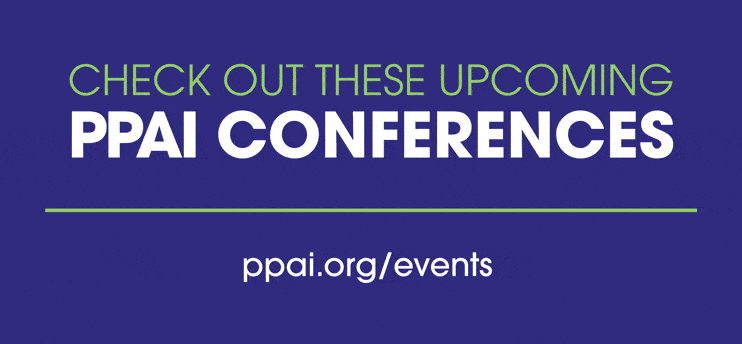All industries are ever-changing and health care is no different. Health care providers, as of late, are being faced with the challenge of marketing efficiently to Millennials. A key component of the traditional revenue structure for providers is the sustenance of patient loyalty, which is maintained by acquiring new patients to replace the finances they lose through attrition. The objective is to offer financial development that will remain the same or grow beyond the provider’s cost increases. But in order to guarantee financial stability and growth, health care providers must use tactics that appeal to the Millennial generation, who currently make up 25 percent of the United States population.
Millennials are using health care resources differently than other generations. One of the most noted differences is their abandonment of Primary Care Physicians (PCPs), instead seeking alternative resources. According to a recent study conducted by the Kaiser Family Foundation, 45 percent—nearly half—of all Millennials do not have a PCP. This is a direct reflection of Millennials thinking the health care industry is largely flawed, and their lack of trust has translated into them taking a more hands-on approach to their health care.
Millennials are accustomed to instant gratification and immediate service. As a result, Millennials have different expectations of health care services. They anticipate providers being available round-the-clock, in real time, and desire wait times of 30 minutes or less for same-day appointments. To circumvent the wait period required to see PCPs, Millennials are more likely to visit one of the 3,000-plus urgent care clinics or service centers located nationally.
Millennials are also interested in knowing what they’re getting themselves into—before they get involved. In other words, companies that provide cost information on their websites, transparent to their clients, are considered efficient in the eyes of Millennials. Specifically, Millennials are seeking specific, detailed plans, which include single, monthly, upfront payments with no copays or deductibles and upfront estimates, as opposed to waiting until the bill is received. Millennials largely approve of technology-based health services, like telehealth. Going forward, the Millennials’ health care trend suggests an even greater push toward hyper-efficiency and tech-based service.


